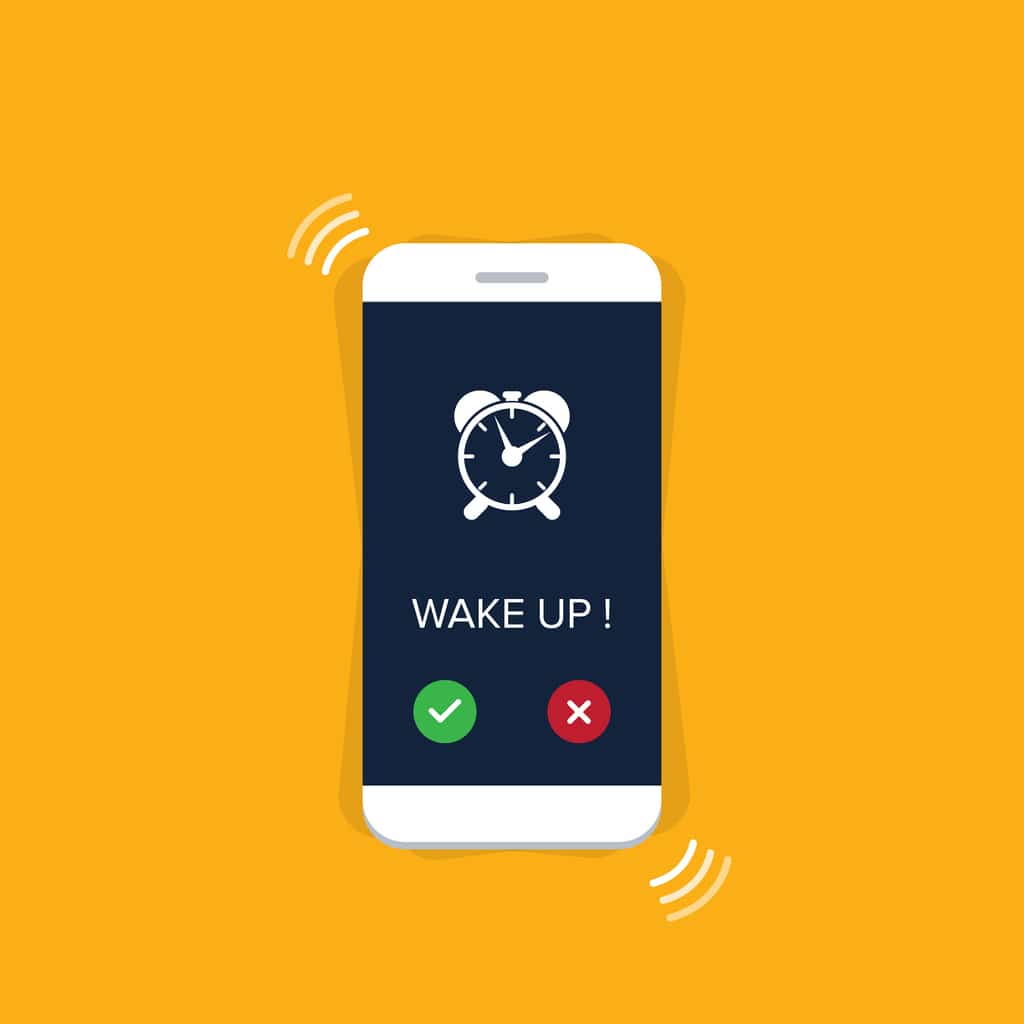Approximately 15% of U.S. adults report some degree of hearing loss. When you live with hearing loss, one aspect of the condition that may cause concern is your safety. We rely on our ears to tell us more safety information than we realize, from honking cars to fire alarms to someone yelling “DUCK” as an errant ball soars your way in Dublin Park.
Hearing aids are an excellent option to help improve your safety during the day. These small devices collect and amplify speech and other essential sounds while lowering irrelevant background noise to help you stay informed.
Unfortunately, there are times when you won’t be able to use your hearing aids, like when you’re sleeping or showering. In these cases, you may want to rely on alerting devices made specifically for people with hearing loss. Let’s look at a few of the alerting devices available to you.
Visual Alarms

Visual alarms work by emitting a bright, flashing light in lieu of sound. Common examples of visual alarms include flashing smoke alarms, smartphone call or text alerts, strobe light alarm clocks and doorbell signalers. Having at least one visual alarm in your emergency toolkit at home is a good idea. Flashing emergency beacons can come in handy when your hearing aids are missing, uncharged or broken.
Tactile Alarms
Tactile alarms include alerting devices that use shaking or vibrating. Two common examples of tactile alarms include vibrating cell phones and shaking or vibrating alarm clocks. Homes equipped with doorbell cameras, motion sensors and other smart technology may have the option to send doorbells and other alerts to your smartphone via an app.
How Will These Alarms Help You?
As amazing as hearing aids are, it is always best to be prepared in cases when you are not wearing them, or they are damaged or lost. Investing in visual and tactile alarms can help close those gaps when hearing aids aren’t available. Flashing doorbell alarms can alert you to someone at your home. Or tactile alarm clocks can help make sure you aren’t late for work. However you use them, alternative alarms are an excellent option for those with hearing loss.
To learn more about managing your hearing loss, contact North Alabama ENT Associates today to make an appointment with one of our specialists.